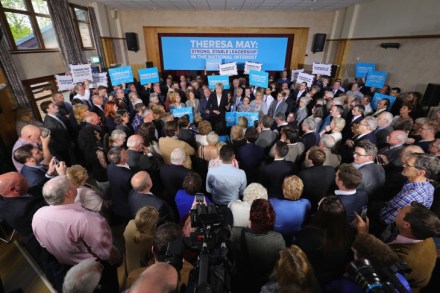What journalists know, but can never admit: election campaigns don’t matter
I love election days. Some of that is just the simple, wondrous glee that democracy deserves but doesn’t get enough of. Really, whatever its flaws and frailties, a collectively-agreed and universally accepted set of essentially voluntary arrangements where we all get a say on hiring and firing our rulers is pretty damn glorious. To hell with cynicism: whatever you think of your local candidates or the political class as a whole, the simple act of voting is great, just great. We should remember – and say – that more often. But my enjoyment of polling day goes beyond lofty stuff like that. I’ve just emerged from 20 years as a





















